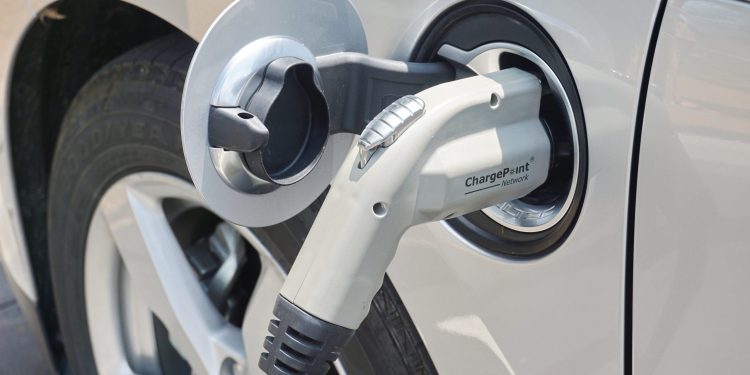Clean Car Bill passes third and final reading, will be passed into law
Words: Zane Shackleton
The Clean Car Bill has passed its third and final Parliament reading, with only the Governor-General’s signature required to become law.
Yesterday, Members of Parliament deliberated on the bill’s third reading. Final vote tallies were 77 in favour of the bill and 43 against.
New Zealand Labour, the Green Party and Te Paati Māori all voted for the bill to be passed. New Zealand National and the ACT Party voted to reject the bill, albeit unsuccessfully.
Because the bill has had its three Parliamentary readings, it now moves onto the final step – Royal assent. The Governor-General will sign the bill and officially pass it into law.
Transport Minister Michael Wood said the passing of the third reading is a big step towards achieving New Zealand’s climate change ambitions.
“Climate change is a challenge we cannot postpone and we are proud to support New Zealanders to play their part in keeping our country clean and green,” Wood said.
Wood highlighted the bill had a strong impact on Kiwis before the third reading, citing the influx in electric car registrations over the past year.
“We’ve made a good start on supporting New Zealanders to move to an electric or hybrid vehicle, with the Clean Car Discount driving electric car registrations beyond projections to over 10,000 since July 2021.”
The legislation, slated to kick on from April 1, will offer consumers who import new and used electric, hybrid or low emitting vehicle a rebate on their purchase.
Importing heavy emitting vehicles, such as utes and trucks, will penalise consumers with a tex fee.
Wood believes the law will slash New Zealand’s expected CO2 emissions by five million tonnes.
National’s transport spokesperson Simeon Brown says the bill is merely a “car tax.”
Brown argued the bill unfairly punishes certain New Zealanders who rely on heavy-duty vehicles. He used farmers as an example, suggesting they will pass the increased costs down to other New Zealanders who depend on their service.
“If it looks like a tax, and it smells like a tax, and it quacks like a tax, it is a tax,” Brown said.
“The Land Transport (Clean Vehicles) Amendment Bill is a car tax. It is about increasing costs on New Zealanders and that is what it is at its very essence.”
Brown says the new law gives the Transport Minister total authority of the New Zealand motoring industry.
“[The Transport Minister] has complete control. There are unlimited regulatory powers being transferred in this piece of legislation to the Minister of Transport.
“Rather than working with the industry, he is on a massive power grab with this piece of legislation.”
Wood reiterated the bill incentivises Kiwis to consider EV or hybrid alternatives when importing new cars. He said it does not force them to do so.
“The clean car discount helps… incentivise Kiwi consumers to swap the dirtier vehicles for the cleaner vehicles,” he said.
“That has already been shown to be working, and it works in country after country internationally.”
The Minister added the bill reflects feedback from the transport industry. He named Toyota and Suzuki as those who helped forge the bill’s final reading.
Wood also mentioned Tesla, although that one is a given.
National’s agricultural spokesperson Barbara Kuriger said she and the National Party anticipate the new law to be a flop.
“I look forward to the day when we can point out to the Government that this policy has not worked and we can get back into Government and we can reverse the ute tax and we can put some sensible climate change policies on the agenda.”





